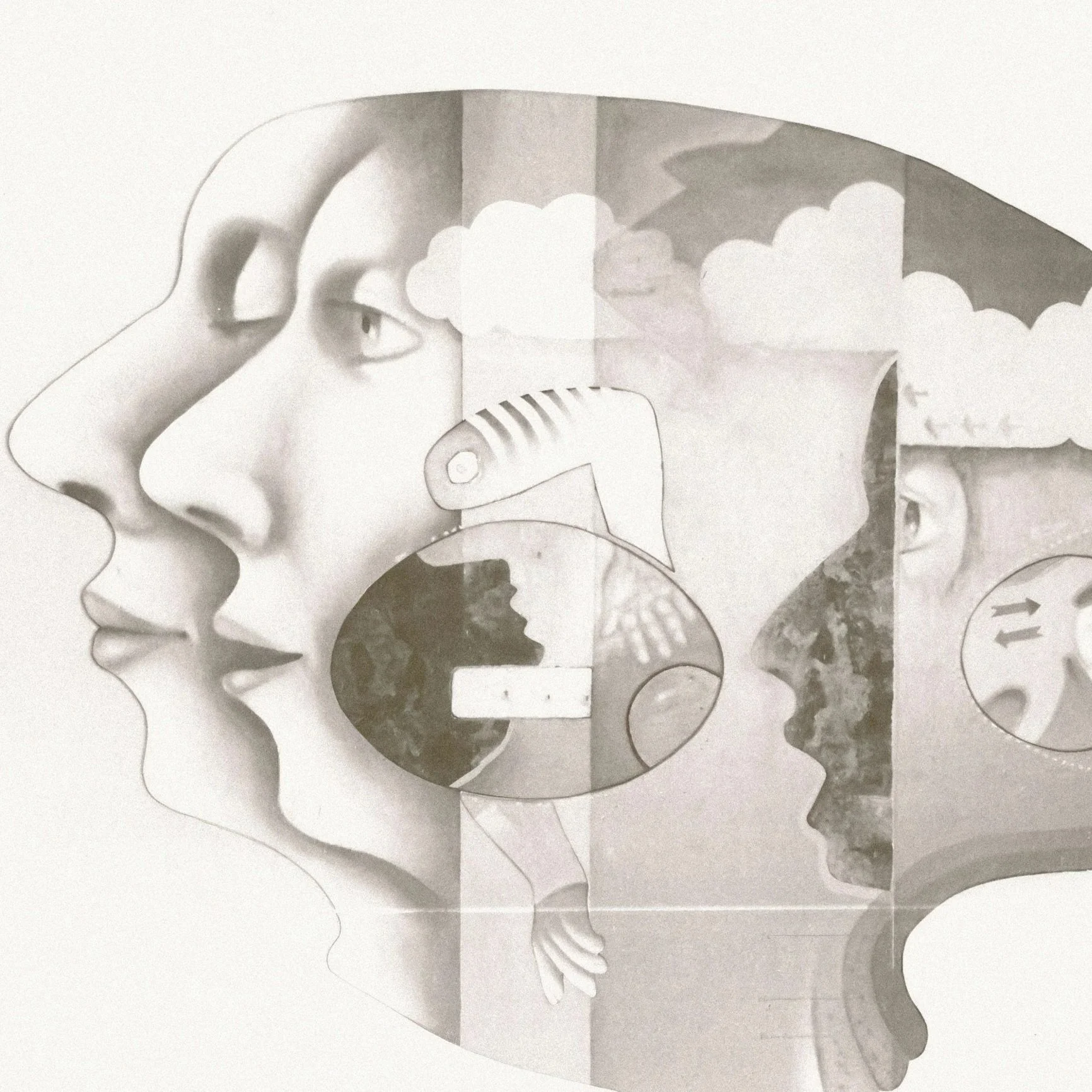
Articles, Chapters, & Books
The Settlement Project:
Perceptions of Settlement
27 Harvard Negotiation Law Review 93 (2021)
Winner, 2023 Dispute Resolution Advancement Award
Best Article of 2021, AALS Section on ADR
Winner, 2022 Carroll P. Hurd Award for Excellence in Faculty Scholarship
Abstract: Most legal disputes end in settlement, but little is known about how people perceive settlement. Do people view settling defendants as responsible for the alleged conduct? Do they see settlement more neutrally, as a convenient resolution that avoids a costly trial? This article uses survey and experimental methods to begin answering these questions and to set the agenda for studying an important and mostly neglected area of inquiry: public perceptions of settlement. Survey participants report in their own words their inferences about parties’ reasons for settling legal disputes in a variety of contexts: #MeToo, policing, crime, regulatory enforcement, and tort. Participants’ rich responses informed an experimental study of the tort setting that compares perceptions of settlement with perceptions of other case outcomes such as a jury verdict or the filing of a legal case. Despite common models of settlement as a cost-benefit analysis not necessarily tied to responsibility, the data suggest that lay people attribute responsibility to settling defendants. The data also highlight factors that influence people’s inferences about settling defendants, including whether the defendant is an individual or entity. Understanding settlement is key to understanding the U.S. legal system, and this empirical work on perceptions of settlement lays a foundation for analyzing the perceived legitimacy of a legal system in which settlement plays such a central role.
Settlement Schemas: How Laypeople Understand Civil Settlement
20 J. Empirical Legal Studies 488 (2023)
Abstract: What does the public think it means to “settle” a civil case? Most legal disputes in the United States end in an agreement to settle, but little is known about what laypeople think about settlement. To fill this gap, we took a direct approach: we asked a nationally representative sample of US adults—more than 1000 of them—basic questions about settlement. We found widespread understanding about the essential nature and frequency of settlement, but persistent, though not universal, misconceptions about the details, including the role of a jury and settlement scope. Because settlement is such a pervasive part of the US legal system, the system's legitimacy turns in part on how the public understands and views civil settlement. The survey reported here provides a foundational study of the understandings and framework—the schemas—that the public bring to settlement.
_ J. Empirical Legal Studies _ (2025)
Settlementality
Abstract: Is settlement of civil litigation good or bad for the legal system? Should we have more or less of it? Should settlement have a private or public purpose? Legal scholars and lawyers have considered these questions for decades, but very little is known about the views of ordinary people. This Article reports results from a nationally representative survey of over 1000 U.S. adults about what respondents thought settlement should look like. Respondents indicated, for example, the extent to which they agreed or disagreed with statements like these: “A settlement between two parties is nobody's business but their own.” “Settling parties are more interested in money than justice.” Our findings convey nuanced lay intuitions about civil settlement, including mixed views about secrecy and settlements, and a tendency to want settling defendants to admit fault and apologize. We also discover that a striking number of lay observers prefer private resolution through contract to oversight by judges. Indeed, a considerable majority thought that at least 75% of disputes would be resolved by settlement in an ideal world, with 100% being the most common choice. The view that more cases should settle was both striking and complicated, highlighting the tension between private resolution of disputes and the public function of litigation and courts.
More Settlement Publications
Verity Winship & Jennifer K. Robbennolt, An Empirical Study of Admissions in SEC Settlements, 60 Ariz. L. Rev. 1 (2018).
Recipient of the 2020 Mangano Dispute Resolution Advancement Award.
Verity Winship & Jennifer K. Robbennolt, Admissions of Guilt in Civil Enforcement, 101 Minnesota L. Rev. 1077 (2018).
Selected for reprinting in 60 Corporate Practice Commentator 809 (Robert B. Thompson, ed., 2019) and in Securities Law Review (Donald C. Langevoort, ed.).
Jennifer K. Robbennolt, Apologies and Legal Settlement: An Empirical Examination, 102 Mich. L. Rev. 460 (2003).
Received 2003 Professional Article Prize Hon. Mention, CPR Institute for Dispute Resolution
Received 2004 Shook, Hardy, & Bacon Excellence in Research Award
Reprinted in 54 Defense Law Journal 1 (2005)
Excerpted in Robert M. Lawless et al., Empirical Methods in Law (2010)
Excerpted in Jay Folberg & Dwight Golan, Lawyer Negotiation: Theory, Practice & Law (2d ed. 2011; 3d ed. 2016)
Selected for replication in Krin Irvine, David Hoffman, & Tess Wilkinson-Ryan, Law and Psychology Grows Up, Goes Online, and Replicates, 15 J. Empirical Legal Stud. 320 (2018)
Selected as a foundational article, excerpted, and subject of commentary in Art Hinshaw, Andrea Schneider, & Sarah Cole, Discussions in Dispute Resolution (Volume II): The Coming of Age (2000 – 2009) (forthcoming 2025)
Jennifer K. Robbennolt, Apologies and Settlement Levers, 3 J. Empirical Legal Stud. 333 (2006).
Received 2006 Professional Article Prize, CPR International Institute for Conflict Prevention & Resolution
Received 2006-2007 Honorable Mention, Carroll P. Hurd Award for Scholarly Excellence
Jennifer K. Robbennolt, Attorneys, Apologies, and Settlement Negotiation, 13 Harv. Negot. L. Rev. 349 (2008).
Jennifer K. Robbennolt, The Effects of Negotiated and Delegated Apologies in Settlement Negotiation, 37 Law & Hum. Behav. 128 (2013).




